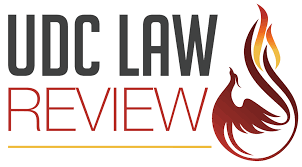
Abstract
For people with disabilities, employment outcomes are discouraging. In 2021, only 19% were employed, a third of the employment rate for people without disabilities.1 Disabled individuals worked part-time because they could not find full-time work or because of a reduction in hours. 2 Fewer disabled persons had bachelor or higher degrees, and fewer worked in professional and managerial positions than people without disabilities. 3 To make it possible for disabled adults to get well-paying jobs, we must ensure that disabled youth have a solid educational foundation. That requires that more youth graduate high school; only 68.2% of students with disabilities graduated with a high school diploma in the 2018- 2019 school year, 4 compared with 85.8% of all students. 5 Further, a solid educational foundation requires that more youth graduate high school with diplomas instead of certificates of completion or other alternatives that limit career and other postsecondary options. 6 About 10% of students with disabilities served under the Individuals with Disabilities Education Act (IDEA) graduated with a certificate other than a high school diploma.7 Finally, a solid educational foundation also requires that students with disabilities are able to access postsecondary education. Disabled adults who have attained more years of education are likelier to find work.8
First Page
93
Recommended Citation
Tatyana Safronova,
Options for Youth with Disabilities: A Focus on Competitive Integrated Employment Limits,
26
U.D.C. L. Rev.
93
(2023).
Available at:
https://digitalcommons.law.udc.edu/udclr/vol26/iss1/7

